Welcome to the World of Board Games
Ah, board games—the perfect blend of strategy, chance, and a dash of friendly competition. Whether you’re gathered around a table with friends or family, engaging in some light-hearted banter, or diving deep into a cerebral battle of wits, board games hold a special place in our hearts. They provide a unique way to connect with others, stimulate our minds, and create lasting memories.
In this board games guide, we aim to illuminate everything you need to know. From the basic rules to the wide variety of types available and the unique characteristics that make each game special, this comprehensive overview is designed to enhance your board game experience and perhaps inspire you to dive into a new favorite. So, grab your dice and get ready to explore!
The Allure of Board Games
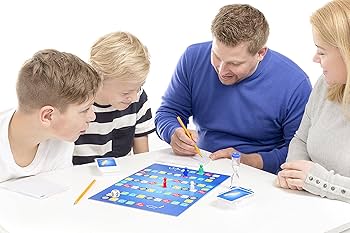
Why Board Games Matter
Board games are more than just a pastime; they serve as a medium for social interaction and companionship. In an age dominated by screens, these tactile games encourage face-to-face engagement. They foster teamwork, strategic thinking, and even a sense of healthy competition. Whether you’re teaching a child the joys of winning and losing or strategizing with a group of friends, board games offer a range of experiences that can enrich relationships and create bonds.
Understanding Board Games

For comprehensive official rules and guidelines for many other board games, click the link: Official Game Rules.
Imagine trying to solve a jigsaw puzzle without knowing how many pieces there are or what the picture looks like—frustrating, right? Every great game starts with a solid set of rules. The rules are what make board games engaging and challenging. They provide structure and create the framework for fun. Understanding these distinctions is key to selecting a game that fits your experience level and those of your friends!
We can categorize rules into two main types: simple and complex.
- Simple rules can be found in games like Uno, where the objective is straightforward, and gameplay is easy to grasp quickly.
- Complex rule systems, like those found in Dungeons & Dragons, require players to navigate intricate mechanics and strategies, adding depth but also complexity.
Breaking Down the Rulebook
Let’s face it: rulebooks can be intimidating. They can range from a few pages to hefty tomes, filled with terminology that might make your head spin. But fear not! Here are some tips to help you conquer that rulebook with confidence.
- Skim for Key Points: Start by skimming through the rulebook to get an overall sense of the game. Look for headings, bullet points, and any highlighted sections. This will give you a snapshot of the essential rules and components.
- Use Examples Provided in the Game: Many games are designed with examples either within the rulebook or on the game components themselves. These examples can clarify complex rules and give context to how the game operates. Engaging with these practical illustrations enhances your understanding significantly.
- Understanding Special Terms: Board games often come with specific terminology—words like “turns,” “phases,” and “actions.” Familiarize yourself with these terms as they are crucial to grasping the flow of the game.
- Turns are individual opportunities for players to take their actions.
- Phases refer to distinct sections within a turn where certain actions occur. This is especially common in more strategic games.
Exploring Different Types of Board Games
Classic Board Games
Let’s start with the classics. These are the games that many of us grew up playing—timeless favorites that are easy to learn and fun for all ages. Think Monopoly, Scrabble, Chess, and Checkers. Classic board games have simple rules and are easy to set up, making them perfect for family gatherings or casual play. Despite their simplicity, many classic games have layers of strategy that make them engaging and replayable. Plus, who doesn’t love the nostalgia of pulling out a well-worn board game and rolling the dice?
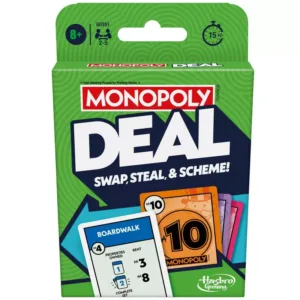
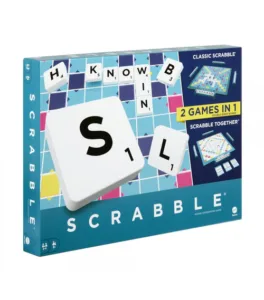
These are available at Dark Wolf Collectibles. Shop now!
Strategy Games
If you enjoy a good mental workout, strategy games are for you. These games require careful planning, foresight, and a bit of cunning to outwit your opponents. Games like Chess, Carcassonne, 7 Wonders, Terraforming Mars fall into this category. The key to winning a strategy game is to think several steps ahead and anticipate the moves of your opponents. These games are perfect for those who enjoy long-term planning and complex decision-making. They often have a steep learning curve but offer a rewarding experience for players who love a challenge.
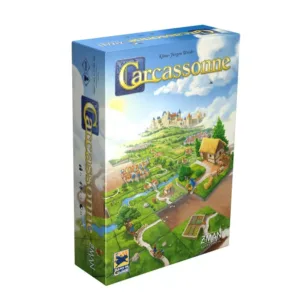
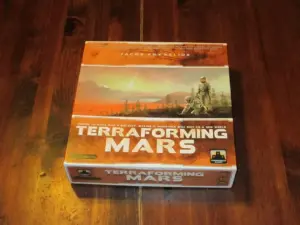
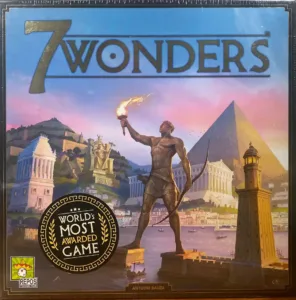
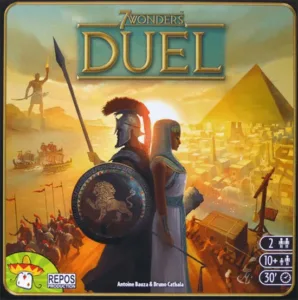
These are available at Dark Wolf Collectibles. Shop now!
Party Games
Looking for a game to break the ice or get a party started? Party games are designed for social interaction and fun, often emphasizing humor, creativity, or quick thinking over complex rules. Think of games like Codenames, Taboo, Cards Against Humanity, Pictionary, or Charades. These games are easy to learn, fast-paced, and usually don’t require a lot of strategy, making them great for groups of friends or family gatherings. The goal here is more about having a good time than winning, so expect lots of laughs and maybe even a few surprises!
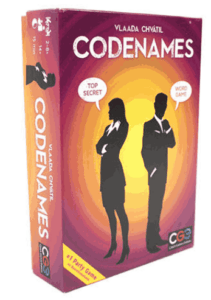
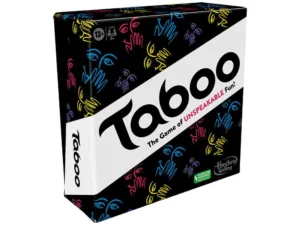
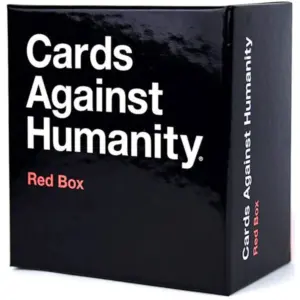
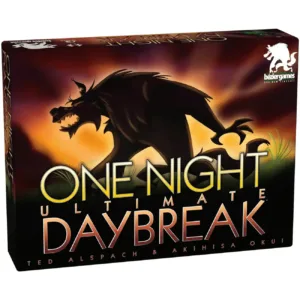
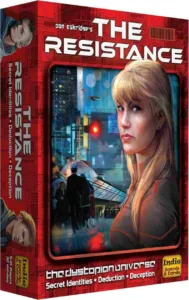
These are available at Dark Wolf Collectibles. Shop now!
Cooperative Games
Not all board games pit players against each other. In cooperative games, players work together toward a common goal, making them perfect for team-building or bonding with friends and family. Pandemic and Forbidden Island are popular examples of cooperative games. In these games, players must collaborate, communicate, and strategize together to overcome challenges set by the game. It’s a great way to foster teamwork and camaraderie while still enjoying the thrill of the game. Plus, there’s no room for sore losers since you either win or lose as a team!
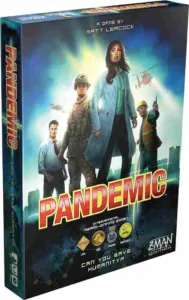
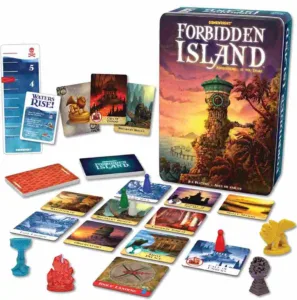
Family Games
Family games are designed to be accessible to players of all ages, making them perfect for family game nights. Games like Monopoly, Scrabble, Uno, and The Game of Life fall into this category. These games typically have simple rules and are easy to learn, ensuring that everyone from kids to grandparents can join in on the fun. Family games often focus on luck and simple strategy, providing a relaxed and enjoyable experience for all. Besides, if you are looking for the perfect family board game, we’ve compiled the top 10 list that everyone will love in our latest blog post titled; “Top 10 Family Board Games: Updated”. Discover which games make the cut and why.
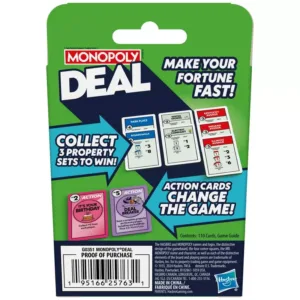
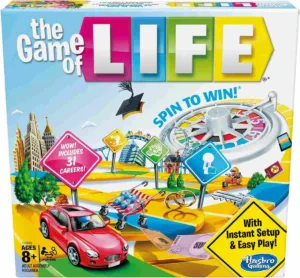
These are available at Dark Wolf Collectibles. Shop now!
Role-Playing Games
For those who want to immerse themselves in narrative and character development, role-playing games (RPGs) are a fantastic choice. Unlike traditional board games, RPGs like Dungeons & Dragons or Gloomhaven focus heavily on storytelling, world-building, and character progression. Players assume the roles of characters in a fictional setting and work together to complete quests or explore imaginative worlds. RPGs require creativity, collaboration, and often a bit of improvisation. They’re perfect for those who enjoy a mix of storytelling, strategy, and teamwork.
Discover Your Next Favorite Game Today!
Looking for the perfect way to spice up your game nights? Look no further! Dark Wolf Collectibles is your one-stop destination for an incredible selection of board games that promise endless fun, camaraderie, and unforgettable moments!
Imagine gathering your friends and family around the table, laughter filling the air as you dive into a world of strategy, adventure, and pure entertainment. Whether you’re a seasoned gamer or just dipping your toes into the vibrant world of board games, we have something for everyone!
Key Components of Board Games
At their core, most board games share a few fundamental components. These elements are the building blocks that define the gameplay and overall experience. Here’s a closer look at the key components you’ll find in almost every board game:
The Game Board: The Heart of the Game
The game board is the centerpiece of most board games, serving as the physical space where the action takes place. Whether it’s a sprawling map for a strategy game like Risk, or a simple path for a family favorite like Candy Land, the board sets the stage for the game’s theme and dictates how players move and interact.
Pieces and Tokens: The Players’ Tools
These are the characters, markers, or items that players use to navigate the game board and represent their presence in the game. Pieces can range from simple tokens or pawns to elaborate miniatures that bring a game’s theme to life. For example, in Monopoly, the iconic thimble, car, and top hat are used to move around the board.
Cards: Strategy and Surprise
Cards are a versatile component found in many board games, used to introduce an element of chance, provide special abilities, or dictate actions. In games like Uno or Magic: The Gathering, cards are the central focus, while in others, they might play a supporting role, like in Clue, where cards help players deduce the murderer.
Dice: The Element of Chance
Dice are often used to introduce randomness and uncertainty to a game. They determine outcomes, influence player decisions, and add an element of unpredictability. In games like Yahtzee or Dungeons & Dragons, dice rolls can make or break a player’s strategy.
Rulebook: The Game Backbone
No game is complete without a set of rules to guide gameplay. The rulebook explains how to set up the game, the objectives, and the actions players can take. A well-written rulebook is essential for ensuring that everyone understands how to play and can enjoy the game to its fullest.
How to Choose the Best Board Games for Beginners
Getting into board games can be a thrilling experience, but with so many options out there, it can be hard to know where to start. If you’re a beginner, picking the right game is key to having fun and staying engaged. Don’t worry, we’ve got you covered! Here’s a guide to help you choose the best board games to kick off your journey into this exciting world.
- Consider the Group Size
One of the first things to think about when choosing a board game is how many people you plan to play with. Some games are great for just two players, while others are best enjoyed with a larger group. If you’re looking for a game that you can play with your family or a group of friends, consider options that are designed for multiple players, like Codenames or Ticket to Ride. For smaller groups or one-on-one play, games like Hive or Lost Cities might be a better fit.
- Think About Game Duration
How long do you want your game sessions to last? Some games, like UNO or Exploding Kittens, are quick and easy, taking only about 15-30 minutes to play. These are perfect for short gatherings or as a warm-up for a longer game night. On the other hand, if you’re ready for a longer, more immersive experience, games like Catan or Pandemic can take an hour or more. Be sure to choose a game that matches the amount of time you and your group want to invest.
- Match the Game to the Players’ Interests
Board games come in all shapes and sizes, catering to a variety of interests. Are you and your friends fans of fantasy worlds? You might enjoy a thematic game like Dungeons & Dragons or Gloomhaven. Prefer strategy and logic? Then classics like Chess or modern favorites like Carcassonne could be the way to go. If you’re into storytelling, narrative-driven games like Mysterium or Betrayal at House on the Hill offer a mix of mystery and adventure. Knowing the interests of your group can help narrow down your choices significantly.
- Start Simple, Then Go Complex
As a beginner, it’s often best to start with games that are easy to learn but still offer plenty of fun. Games like The Game of Life, Monopoly, and Scrabble are great starter games because they have straightforward rules and are widely familiar. Once you get comfortable with these, you can start exploring more complex games with intricate rules and strategies. Games like Scythe or Terraforming Mars are fantastic but might be overwhelming for first-time players. Build up to these by gradually increasing the complexity of the games you choose.
- Look for Games with High Replayability
Games that offer a fresh experience each time you play are often the best choices for beginners. These games have high replayability, meaning they can be played multiple times without getting boring. Look for games with variable setups, multiple paths to victory, or elements of randomness that change each game session. Catan and Ticket to Ride are excellent examples—they have random elements that ensure no two games are exactly alike, keeping things fresh and engaging.
The Final Draw!
Board games are a fantastic way to bring people together, stimulate our minds, and create memorable experiences. They come in various forms, catering to different tastes and skill levels, from simple family games to complex strategic adventures. Whether you’re new to the world of board games or a seasoned player looking to expand your collection, there’s always something new to learn and enjoy. We hope this guide has provided you with valuable insights into the diverse world of board games and inspired you to explore new games and share the joy of play with friends and family. So, grab your favorite game, gather your loved ones, and let the fun begin!

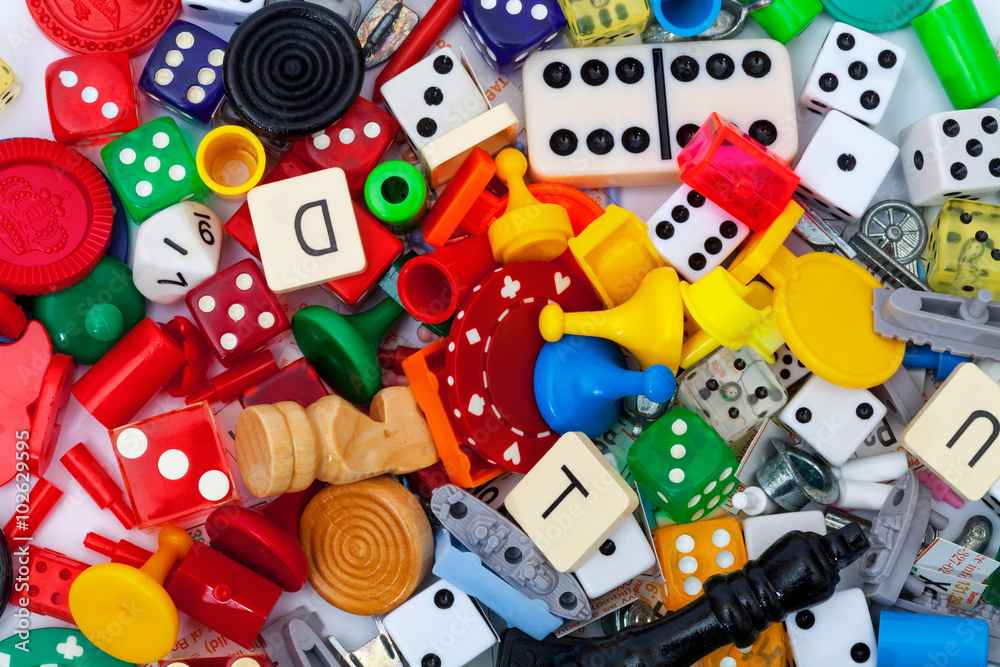
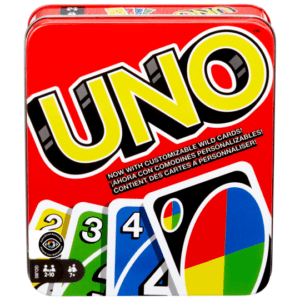







Add comment